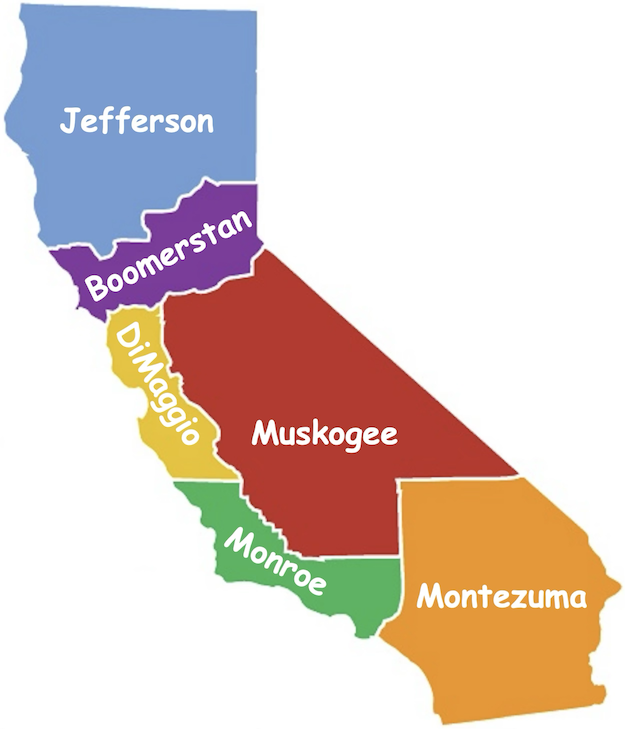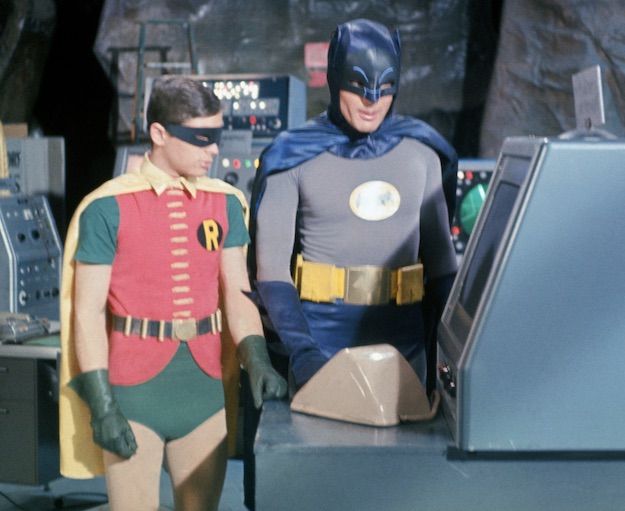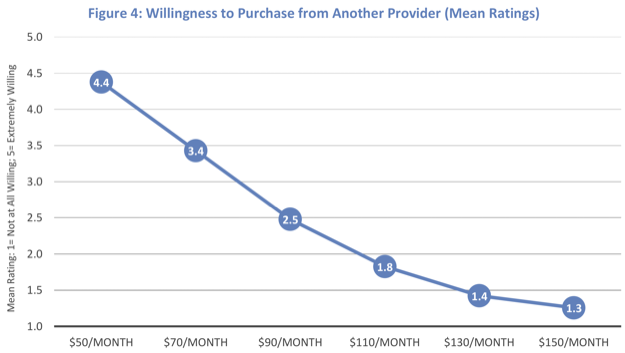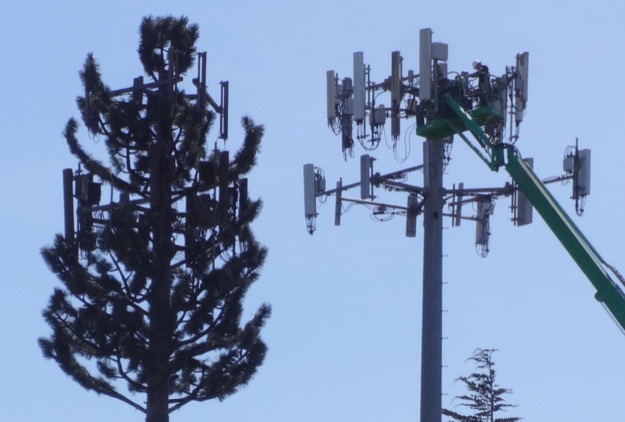The road goes on forever and the party never ends
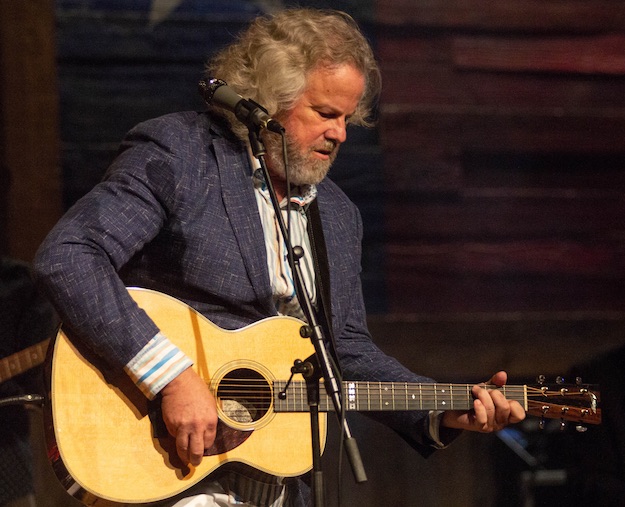
That didn’t turn out like I planned. A couple trips around the sun ago, I stopped daily blogging, intending to go deeper into selected topics on this Humble Blog and turbocharge this website, making it a more complete resource for local broadband development. Instead, my business took a different turn, towards ventures of my own. So there have been no new blog posts and little updating since then.
Going forward, this blog and website will continue.… More


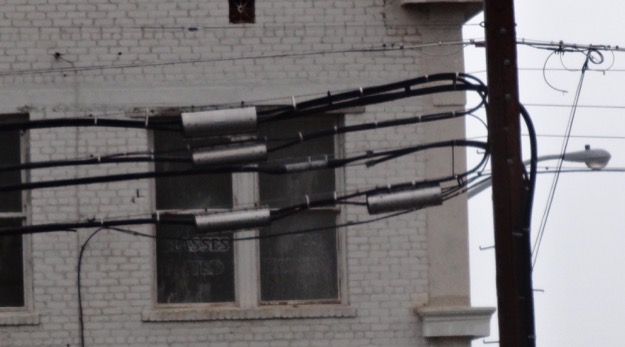



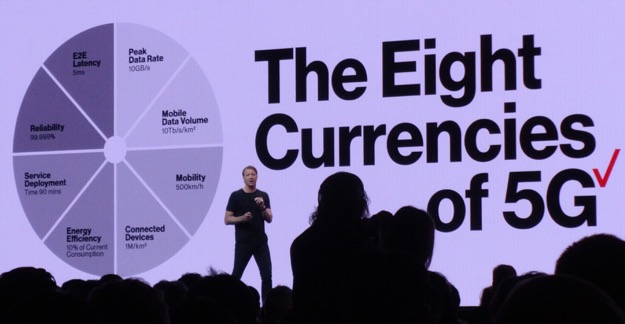

![Coolcaesar at the English language Wikipedia [GFDL (https://www.gnu.org/copyleft/fdl.html) or CC-BY-SA-3.0 (https://creativecommons.org/licenses/by-sa/3.0/)], via Wikimedia Commons](https://www.tellusventure.com/images/2017/5/gonzales_tower.jpg)
